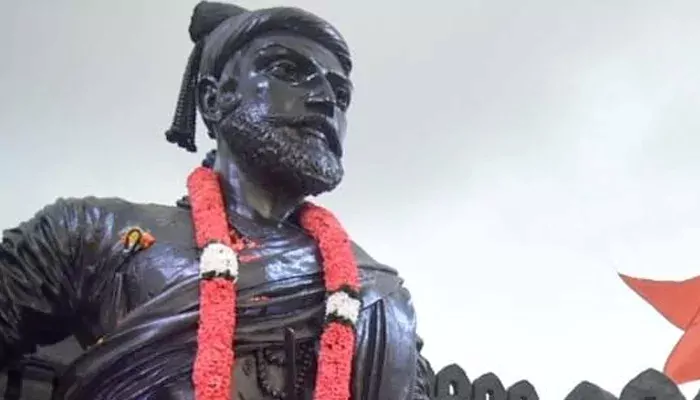
When bravery met wit: the sweet escape of Chhatrapati Shivaji Maharaj!
What if I told you that one of India’s greatest warriors, Chhatrapati Shivaji Maharaj, didn’t just rely on swords and armies to win battles—but also on his wit, charm, and sweet boxes? Yes, you read that right! The story of Shivaji’s daring escape from Agra is not only about courage but also about brains that outsmarted one of the most powerful rulers of the time—Emperor Aurangzeb.
So, sit tight, because this isn’t your boring textbook history. This is a story as thrilling as a Bollywood blockbuster!
It was the year 1666. Aurangzeb, the Mughal Emperor, invited Shivaji Maharaj to Agra under the pretense of peace talks. But what looked like diplomacy was actually a cunning trap. Instead of treating the Maratha king with respect, Aurangzeb insulted Shivaji publicly in his court, humiliating him in front of nobles and soldiers.

Imagine the tension! A fiery king, caged like a bird in enemy territory, with spies watching his every move. For Shivaji, escape wasn’t just about saving his pride—it was about saving the Maratha dream.
Locked under house arrest with his son Sambhaji, Shivaji realized that brute force wouldn’t work. He was surrounded by Mughal guards, and any direct fight meant certain death. But here’s where his genius shone—he decided to turn his captivity into an opportunity.
Shivaji began sending out boxes of sweets and fruits as offerings to Brahmins and holy men—a perfectly normal gesture at the time. Day after day, these boxes were carried out of the guarded premises without suspicion. The Mughal guards thought, “Just another batch of sweets. Nothing dangerous.”

What they didn’t know was that these harmless boxes were going to be the ticket to one of the greatest escapes in Indian history!
On the day of the escape, Shivaji and his son Sambhaji slipped into two of the large wooden baskets meant for sweets. Imagine the thrill: the Maratha king himself hidden like contraband inside a sweet box, while Mughal soldiers casually escorted it out, probably even joking around, unaware of the storm that was about to hit Aurangzeb’s empire.
The baskets passed through the checkpoints without raising suspicion. Once outside, Shivaji emerged free—ready to reclaim his destiny.
By the time the news reached Aurangzeb, Shivaji was long gone. The Mughal Emperor was furious—how could India’s most wanted man vanish under the noses of his soldiers? This wasn’t just an escape; it was a humiliation for the empire.
For the Marathas, however, it was a turning point. The Great Escape proved that Shivaji was not just a warrior but also a master strategist who knew how to turn the tables in the cleverest of ways.

Shivaji’s escape from Agra isn’t just a historical anecdote—it’s a life lesson. It shows us that intelligence can sometimes be sharper than the sword. That even in the toughest situations, quick thinking and courage can change the course of destiny.
Today, this “Sweet Trick” is celebrated as one of the most legendary chapters in Indian history. It reminds us that real leadership isn’t just about power, but also about wit, presence of mind, and the ability to inspire hope even in the darkest moments.
The Great Escape of Shivaji Maharaj is more than a story—it’s an adventure that deserves to be remembered. From being trapped in Aurangzeb’s court to outsmarting the empire with nothing but sweet baskets, it’s proof that legends aren’t born—they are made by daring choices.
So next time you enjoy a box of sweets, remember—one such box once carried India’s greatest king to freedom